US Government Indicts Journalist For Uncovering Unaired Parts Of Tucker Carlson's Interview With Kanye West
The U.S. Justice Department is sending a clear signal to the news media that prosecutors will not hesitate to aid a powerful or influential corporation in suppressing investigative journalism.
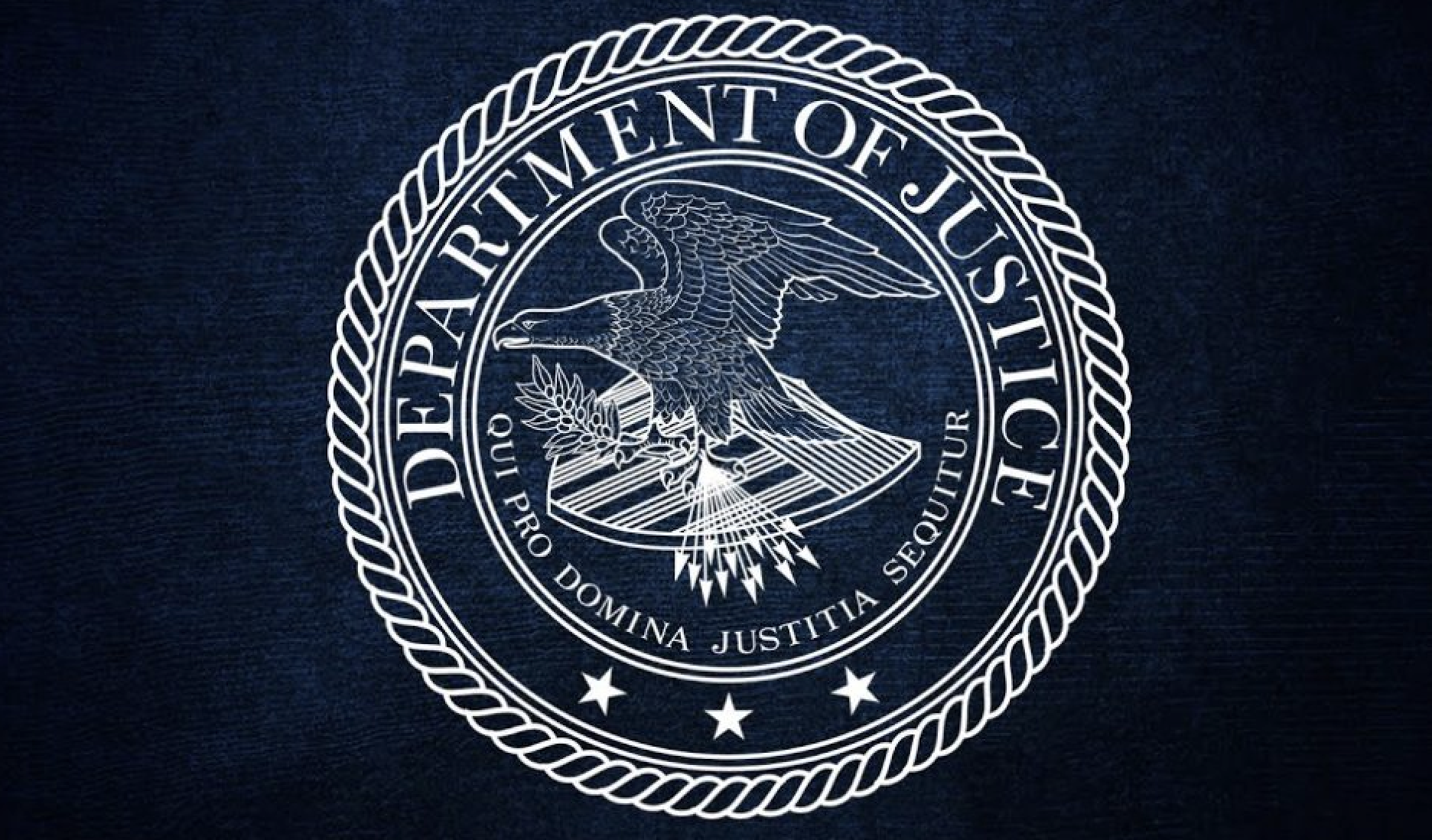
United States prosecutors indicted Florida-based journalist Timothy Burke for uncovering and sharing unaired portions of a Fox News interview between Tucker Carlson and Kanye West.
As Motherboard reported, the unaired video contained racist and antisemitic remarks by the rapper as well as a bizarre claim that “‘fake children’ had been placed in his house to manipulate his children.”
Fox News claimed they were “hacked,” and the FBI subsequently raided Burke’s home newsroom in 2023.
By charging Burke, the U.S. Justice Department is sending a clear signal to the news media that prosecutors will not hesitate to aid a powerful or influential corporation in suppressing investigative journalism.
The Freedom of the Press Foundation (FPF) immediately condemned the charges against Burke.
“The indictment could have significant implications for press freedom, not only by putting digital journalists at risk of prosecution but by allowing the government to permanently seize a journalist’s computers,” the press freedom group declared.
Burke was charged [PDF] with engaging in a conspiracy to defraud the U.S. government, violating a federal wiretapping law, and committing multiple offenses in violation of the Computer Fraud and Abuse Act (CFAA).
The government casts Burke as an economic cybercriminal. One of the prosecutors who signed off on the indictment, Rachelle DesVaux Bedke, is the chief of the economic crimes section for the U.S. Attorney’s Office in the Middle District of Florida, where Burke was indicted.
Prosecutors never accuse Burke of “hacking” or committing a “computer intrusion.” Instead, they accuse Burke (and an unnamed co-conspirator) of “utilizing compromised credentials to gain unauthorized access to protected computers, scouring those protected computers for electronic items and information, obtaining and stealing electronic items and information deemed desirable, organizing and exploiting some of those electronic items and information, and intercepting and disclosing the contents of wire, oral, and/or electronic video communications.”
Stunningly, the government seeks the forfeiture of several computers, computer towers, laptops, hard drives, and iPhones that were allegedly used by Burke while he was engaged in newsgathering.
As FPF pointed out, confiscating Burke’s reporting equipment would be a form of “prior restraint” or censorship. He would not only lose his electronics but also “any unpublished material, notes, and communications stored on those computers, regardless of whether they relate to any alleged crime.”
“Seizing newsgathering materials from a journalist is, in effect, a prior restraint that stops the journalist from publishing news. That’s why it almost always violates the Privacy Protection Act and the [Justice Department’s] own policies,” said Seth Stern, the advocacy director for FPF.
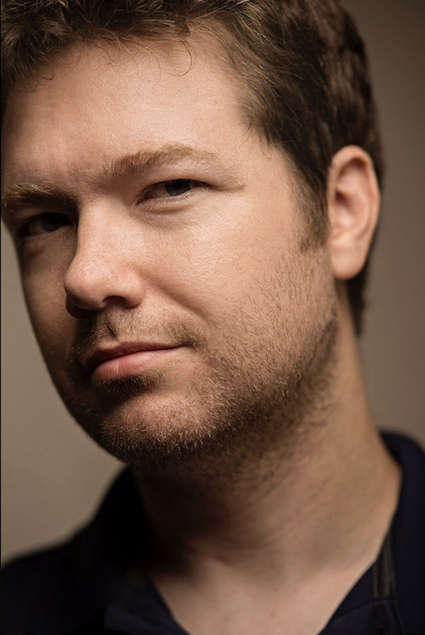
The FBI raided Burke’s home in Tampa on May 8, 2023, and according to the Tampa Bay Times, FBI agents “took electronic devices and computers he used for his media business.”
Stern noted, “The government has already prevented Burke from reporting for more than nine months by raiding his newsroom and seizing his equipment. Now it wants to permanently silence his reporting by keeping even past newsgathering materials stored on his devices that have nothing to do with the allegations against him.”
In a statement shared by the Times, Burke’s lawyers Michael Madden and Mark Rasch insisted that the “case will have a significant impact on how people in general access and use the internet, how they use shared passwords to access websites, and how online journalism is conducted.” They defended Burke’s “intrepid—and perfectly legal—reporting.”
The Times also highlighted a July letter sent to federal prosecutors, where Rasch told the government that “Burke obtained the videos by following a hyperlink to the live video feeds.” He did not need a username or password to access the videos. The videos also were not encrypted. “No special tools were used to access the material.”
“Once content is made public on the internet, it doesn’t require special legal permissions to access,” Rasch asserted.
Last year, Burke sought to unseal the probable cause affidavit that justified the search of his home and seizure of his property. The government response contained an alarming pronouncement that Burke was not working as a journalist when the FBI raided his home newsroom [PDF].
“Although Burke at one time may have been a professional journalist, the United States has been unable to find any evidence that Burke has regularly published under his own byline after January 1, 2021, as a salaried employee of, or independent contractor for, any newspaper, news journal, news agency, press association, wire service, radio or television station, network, or news magazine,” Assistant U.S. Attorney Jay G. Trezevant contended in an August 9 filing.
Trezevant said that Burke has marketed himself as a media and political communications consultant, broadcast monitor, archival technologist, and “viral content visionary.”
Burke’s attorneys responded, “It appears that the government does not believe Tim Burke is a journalist because he now operates independently, primarily in the digital space, researching, investigating, editing, and publishing newsworthy videos that he finds on the public internet for many different media outlets. But the law identifies a journalist as anyone who collects information for the purpose of disseminating it to the public."
“You don't have to have ink-stained fingertips, a Press badge, and a New York Times email address to be a journalist under the law," they further declared.
For 20 years, Burke has performed journalism. “It’s disturbing that the indictment makes no mention of the fact that Burke’s reason for accessing the outtakes was to share newsworthy information with the public, as he has been doing his entire career,” Stern stated.
The Justice Department should not be in the business of deciding who is and is not a reporter in order to further a criminal prosecution. And yet, they are doing so with this case (and in the case against WikiLeaks founder Julian Assange).
Incredibly, as Stern observed, the Justice Department issued “new guidance” on February 14 for protecting the rights of journalists when seeking subpoenas for their records.
The adopted policy instructs Justice Department personnel to evaluate the totality of circumstances when determining if someone is a “member of the news media.” It incorporates a criteria that includes “the frequency of the person’s or entity’s reporting and whether the person or entity brings information to the attention of the public, engages in newsgathering, has independent sources, holds press credentials, is employed by a member of the news media, and/or is widely identified as a journalist or reporter.”
The following day, February 15, the Justice Department indicted a journalist, who they refuse to treat as a reporter because doing so would undermine their prosecution.
Burke is raising funds for his legal expenses and intends to fight the charges against him.

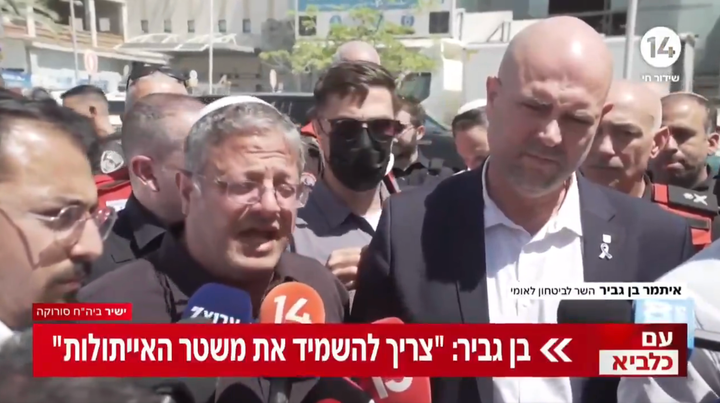
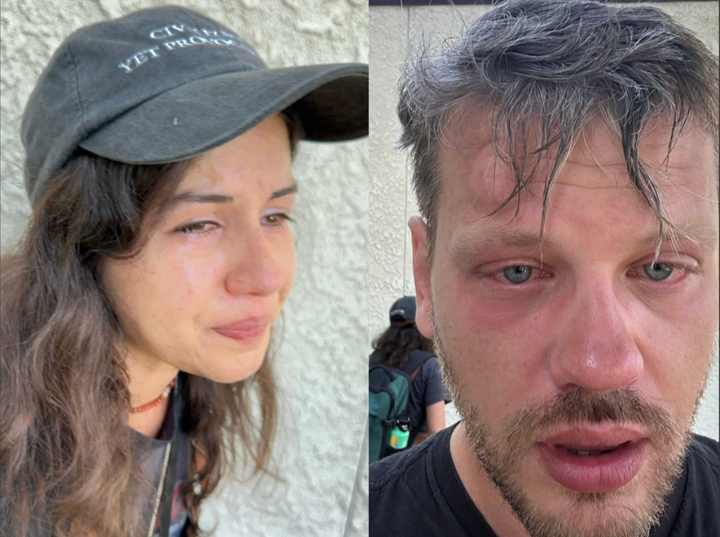
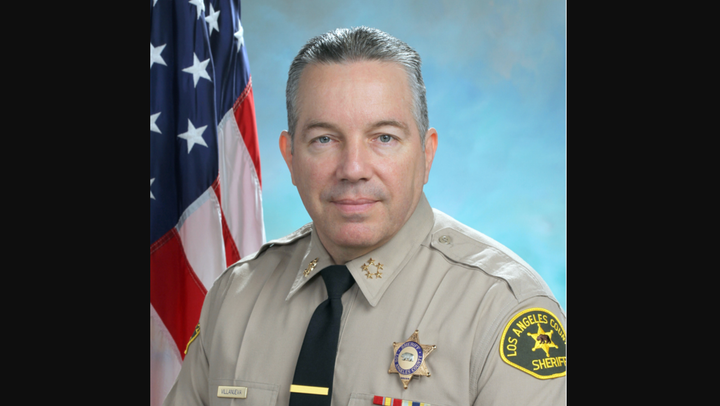
Comments ()